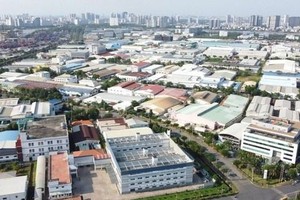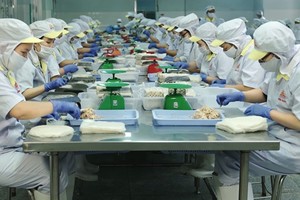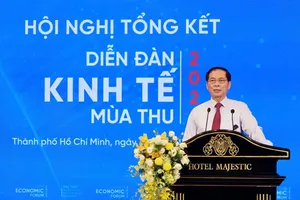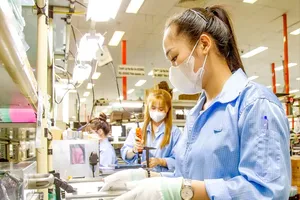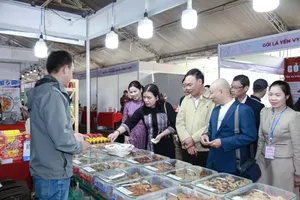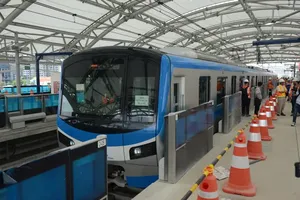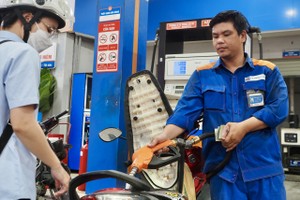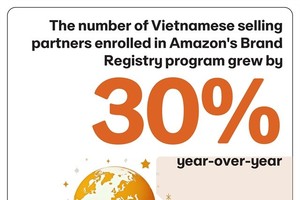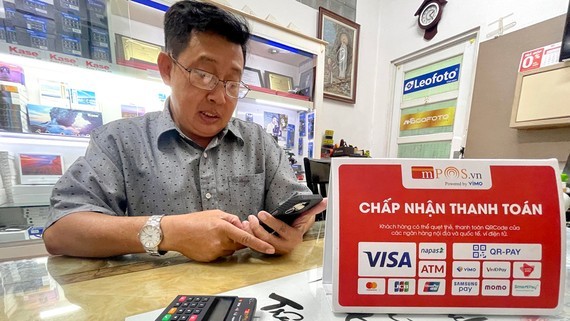
Nguyen Van Hung from District 7 of Ho Chi Minh City bought a water purifier online at the website of Dien May Xanh Supermarket. When coming to install the machine, the supermarket worker added Hung’s phone number to the customer care system and said that Hung just need to mention this number for warranty purposes. However, as he wanted to replace the purifier cores, Hung could not use this phone number at Dien May Xanh Store like being instructed before. The supermarket asked for his trading bill, which had been thrown away as an unnecessary item. Hung had no other ways but to pay money for another service to fulfill this task.
A similar story happened to N.B.H. in District 3 of HCMC. She bought a fridge online at the website of Nguyen Kim Electronics Supermarket. When in need of warranty service, she discovered her purchase information has not been saved on the system of the supermarket. As she had been told she just needs to mention her phone number for warranty purposes, she threw away her trading bill and now cannot use such a document to prove her purchase.
Another case is Pham Kim Ngan from District 7 of HCMC. She bought an egg tray from a nearby supermarket and discovered later that the eggs were spoilt. Nevertheless, because she had thrown her trading bill, the supermarket refused to replace the spoilt products for her. Learning from her mistake, now she has a specific cabinet drawer to store trading bills in case she will need them in the future.
According to Article 90 in the Law on Tax Administration 2019, when selling goods or providing services, sellers have to issue an electronic bill to buyers. In reality, only businesses save these invoices to account for costs, while individuals usually throw them away. Online buyers also hardly pay attention to asking for such an e-bill.
Statistics from the Vietnam E-commerce and Digital Economy Agency (under the Ministry of Industry and Trade) reveal that in 2020, 53 percent of the national population carried out online purchases, resulting in an increase of 18 percent in the domestic e-commerce market to contribute US$11.8 billion (5.5 percent) to the total retail sales and consumer service revenues. One year later, Vietnam has over 8 million new Internet users taking part in online trading, turning the total e-commerce participants to 57.3 million (82 percent of all Internet users). Yet not many of them pay attention to e-bills when conducting online transactions.
To encourage individuals to ask for and store their e-invoices for each online purchase, the General Department of Taxation has just launched a lucky draw program ‘Lucky Invoice’ for all stored e-bills of buyers, be they businesses or individuals. It is planned that HCMC will draw the lucky numbers on October 15, 2022 to identify winners from these buyers.
Therefore, when buying goods, consumers should ask for an e-invoice with the assigned code from the tax authority (a string of 34 random numbers) or with a code created from the approved money calculator (a string of 23 characters). The invoice should also include personal information of buyers such as tax code or citizen ID card / passport number (excluding canceled, adjusted, replaced bills or invoices where buyers and sellers have the same tax code). Eligible bills have a chance to win up to VND50 million ($2,125).
The ‘Lucky Invoice’ program is launched nationwide. In HCMC, the HCMC Tax Department will randomly select such lucky invoices as winners of the program among the bills saved in the centralized electronic invoice system of this department. There will be a monitoring council to ensure transparency, publicity of this drawing process.
